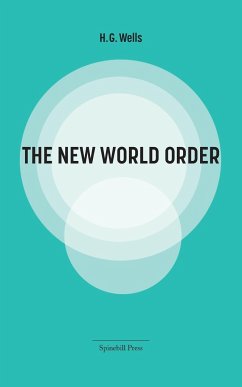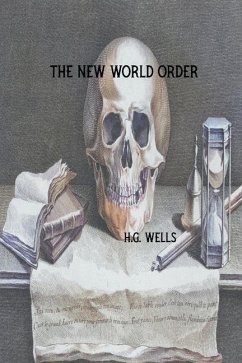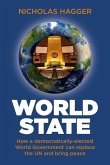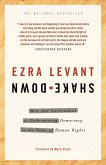In The New World Order - written shortly after the outbreak of World War II - H. G. Wells explores how an international system could be created to prevent future wars and establish permanent world peace. Wells advocates for replacing nation states with a science-based world government, but stresses that, to avoid tyranny, increased collectivisation and centralised control must be balanced with personal liberties, an unrestricted press and freedom of speech. To safeguard individual freedoms, guaranteed human rights are vitally important. The New World Order provides an intriguing glimpse into the origins of our current trends towards global governance - and the danger this concept poses to individual liberty. Herbert George Wells (1866-1946), the English writer famous for his pioneering science fiction novels, was also a prolific author of non-fiction books about historical, scientific and political themes, in which he drew on his studies of biology and geology, as well as on the ideas of his teacher, the prominent Darwinist and eugenicist, Thomas Henry Huxley.








